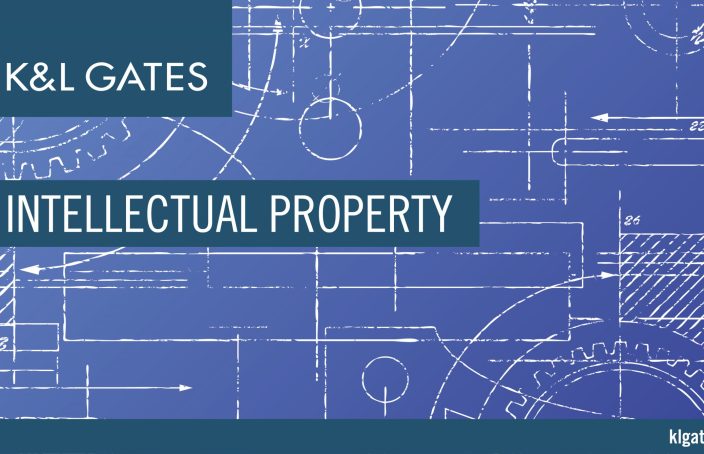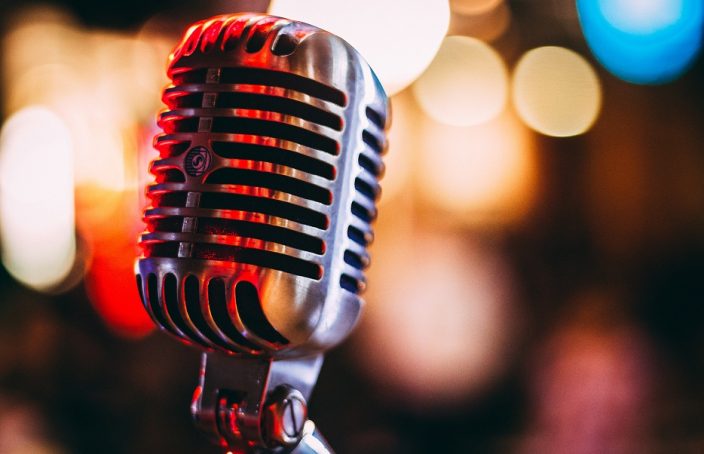Even in the Digital Age, Only Human-Made Works are Copyrightable in the U.S.
The U.S. Copyright Office Review Board refused copyright protection of a two-dimensional artwork created by artificial intelligence, stating that “[c]urrently, ‘the Office will refuse to register a claim if it determines that a human being did not create the work,’” see recent letter. The Compendium of U.S. Copyright Office Practices does not explicitly address AI, but precedent, policy, and practice makes human authorship currently a prerequisite.
Read More

